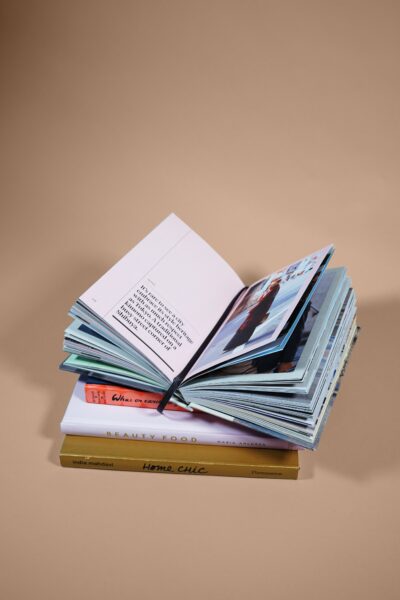“The limits of my language mean the limits of my world.” Well, this might be why I learnt two: the power to engage with anyone, anywhere. To understand a language is beyond vocabulary and grammar: it is the quirks and peculiarities that have neither rhyme, nor reason, but have evolved over time and are deeply rooted in a culture. At its heart, language learning means understanding people, and this is why wordsmiths are so suited to PR.

When we first start to work with a company, we begin by refining the messaging. This means understanding its offering, people and culture, getting to really know the product, future visions and goals. Every word is carefully selected and we consider connotations and associations: how can we package the information up in a way that engages the targeted stakeholders? The right words make governments take action, investors take notice and employees take pride. Quite simply, it’s knowing what to say (or what not to say) and when to say it. That’s what PRO does best.
To mark World Book Day, I’ve asked a few PRO literary experts to share their favourite books and a brief explanation on why these titles were so impactful to them.
For Phil Rosenberg, Sapiens by Yuval Noah Harari was his book of choice. He says that it made him think about how we evaluate human progress. “Did mastering crop cultivation make us happier, or were we happier as hunter gatherers? It amazed me that we invented standardised time as late as 1884 and managed for millennia without it. This book put into perspective what it means to be human, especially in our modernised world of AI and robotics. The persistence and development of religion in the human story also really opened my perspective, given my interest in the faith sector.”
Caroline Dowling was inspired by Khaled Hosseini’s A Thousand Splendid Suns, which tells the story of two Afghan women forced together by the violent Taliban regime. Caroline says, “Their pseudo mother-daughter relationship and the strength it gave these two women to carry on despite their everyday struggles moved me deeply as an adolescent reader. I could not imagine experiencing half the things detailed in this novel, nor by women and girls everyday in Afghanistan, but I could take encouragement from their quiet power and determination. The story has stayed with me beyond the final page and continues to inspire me to this day.”
Deborah Low selected Dear Life by Rachel Clarke. “This is a beautifully crafted and deeply personal memoir, which recounts the author’s reflections on her time as a palliative care doctor in the NHS. This is a story of resilience, empathy and hope, engendering an understanding of why we must never take life for granted. The book highlights the importance of appreciating each and every experience, delves into the impact a single encounter can have on another’s life, and uncovers the true power of kindness and compassion. In essence, her memoir pays homage to life itself.”
I am currently reading Prisoners of Geography: 10 Maps That Tell You Everything You Need to Know About Global Politics – an insightful and eerily accurate picture into geopolitics and how landscapes have influenced leaders since the time of the Ancient Babylonians the Greeks. The most interesting aspect is the author’s view on the Arctic: a new battleground for the future as the melting ice unlocks swathes of new energy sources, vital trade routes and triggers a new arms race and conflict lines.
Words and language are so powerful: poignant words at pivotal times are immortalised. The best words can make you laugh, reduce you to tears, inspire you and can come to life in your imagination. The difficult thing is deciding what to read next!
Shivani Lodhia is a Senior Account Executive at The PR Office.
